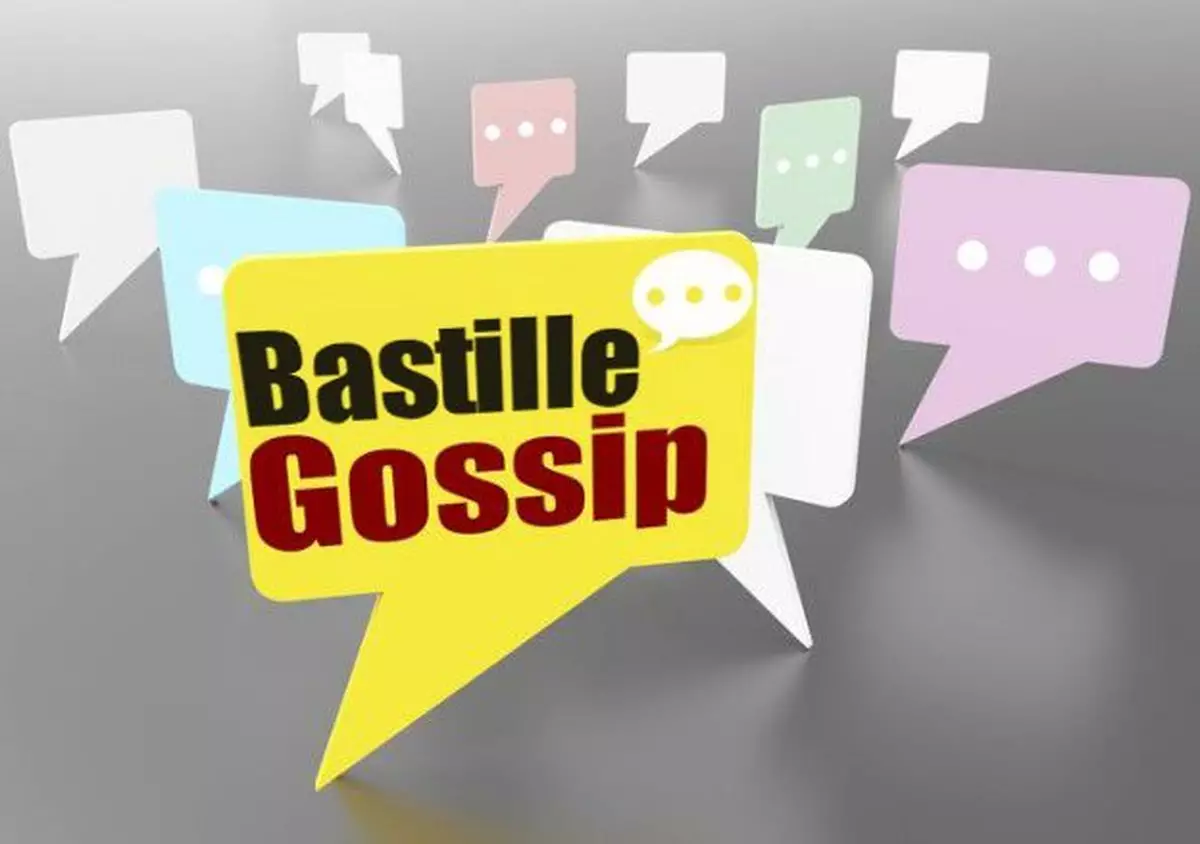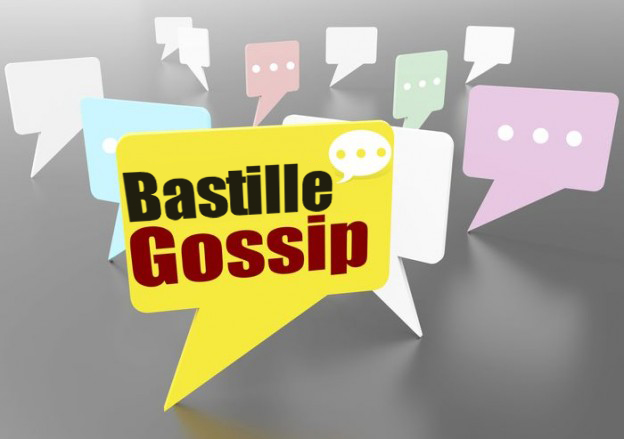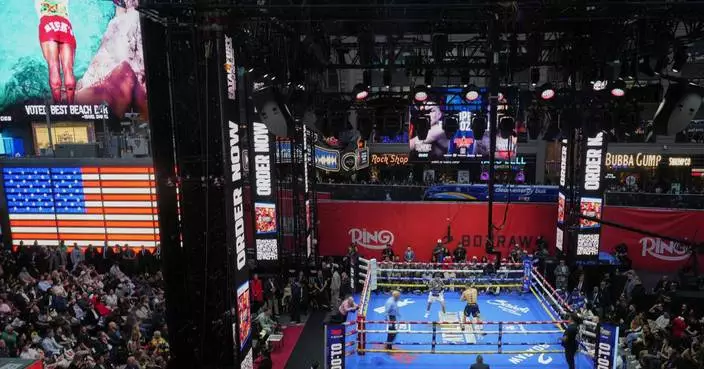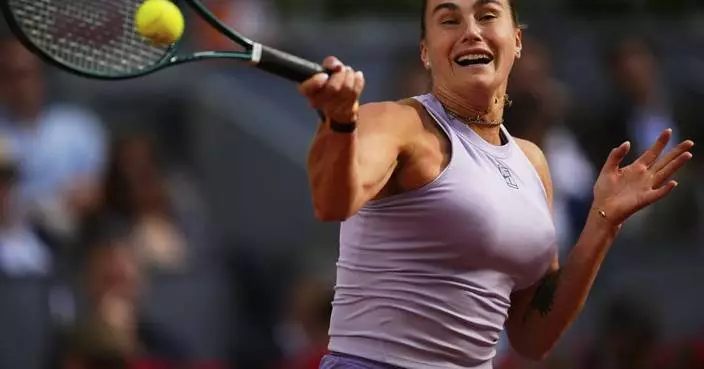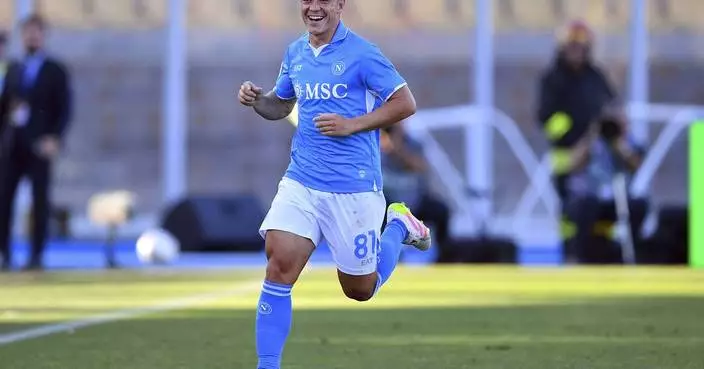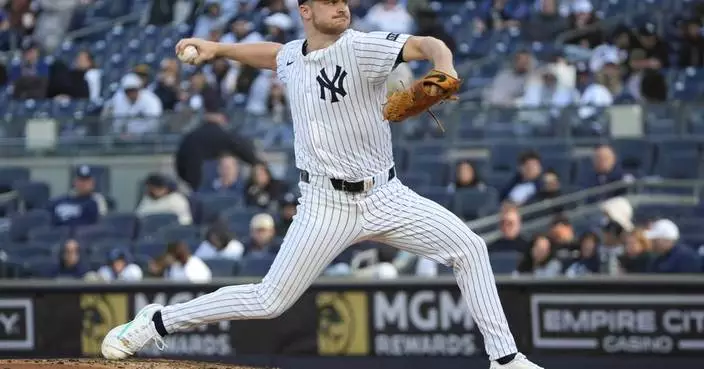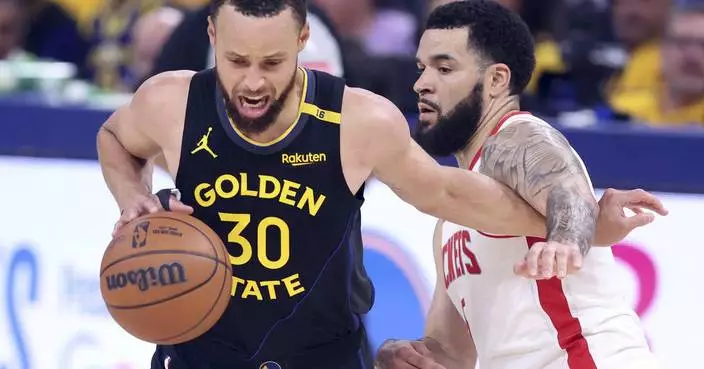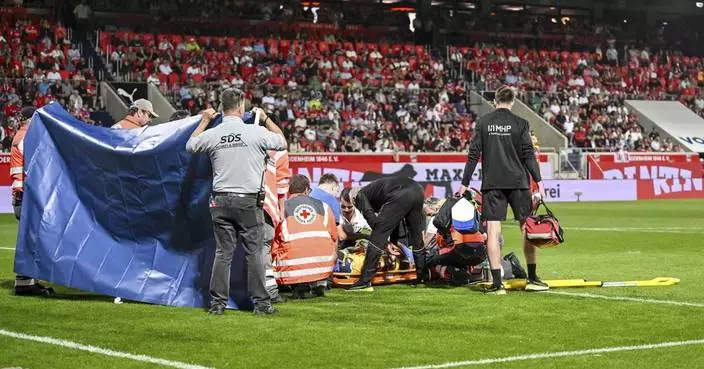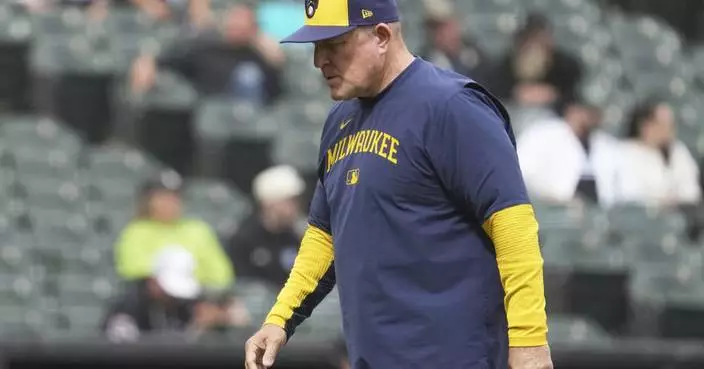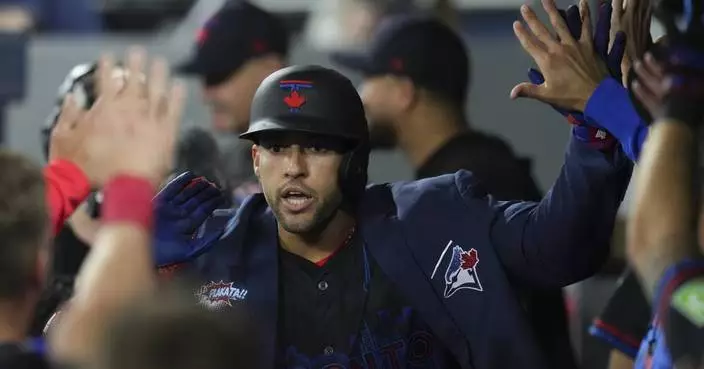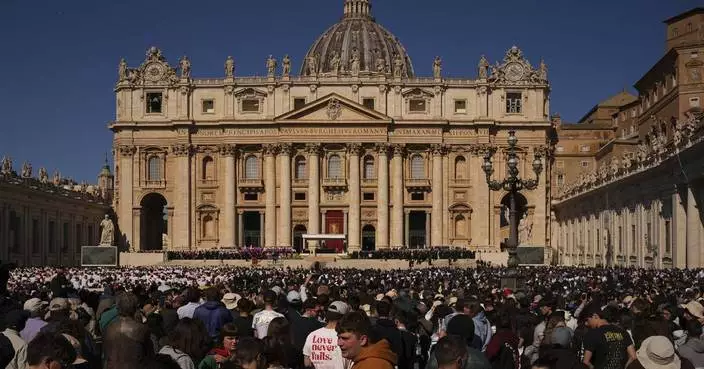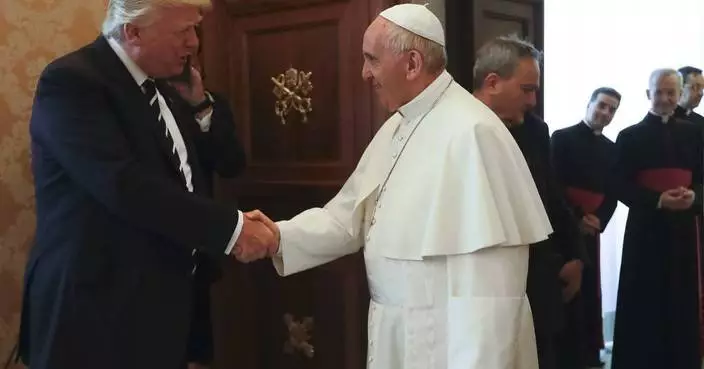Sebastien Lai, the son of Next Media founder Jimmy Lai, recently visited the UK to meet with British officials, hoping the British Foreign Secretary would raise his father's case during an upcoming visit to China.
At a Reporters Without Borders event in London on Friday, October 11, Lai revealed that British Foreign Secretary David Lammy had not met with him. Instead, he only met with Catherine West, the UK's Under-Secretary of State at the Foreign Office, on Tuesday.
According to a Reuters report from Wednesday, Foreign Secretary David Lammy is scheduled to visit China next week in an effort to reset diplomatic relations between the two countries.
Caoilfhionn Gallagher, the British barrister leading Jimmy Lai’s so-called "overseas legal team," stated that the British government should negotiate for Lai's release as part of any effort to re-establish UK-China relations.
However, many believe that if the British government were to condition the resumption of relations on Lai's release, no progress would be made. It is speculated that while Lammy may raise Jimmy Lai’s case during his visit to China, it would be more of a procedural mention, without any serious expectation of resolution.
In an interview with Voice of America, Sebastien Lai expressed his frustration, calling his father's solitary confinement "a form of mental torture." He highlighted that his father had been held in solitary confinement for nearly four years and had not received Holy Communion, which was particularly distressing given his father's strong religious faith.
The rumour that Jimmy Lai was being denied the right to receive Holy Communion originated from organizations closely linked to Lai, such as "Hong Kong Watch," as well as his "overseas legal team." They had publicly claimed that Lai's rights were being violated during his solitary confinement, and that he had been deprived of religious sacraments. This narrative was even escalated to the United Nations Special Rapporteur on Torture, creating what was portrayed as a "prisoner abuse scandal" in Hong Kong.
Upon further investigation, it became clear that the situation had been misrepresented. Jimmy Lai had voluntarily requested solitary confinement, and he had personally chosen not to receive Holy Communion. When asked, the Correctional Services Department (CSD) confirmed that Lai had made these requests.
When approached for clarification, the CSD stated that it had handled Lai’s detention in accordance with the Prisons Ordinance and related laws. It confirmed that if a prisoner requests solitary confinement for their own protection, and the management deems it necessary for maintaining order or for the prisoner’s well-being, such arrangements would be made. Furthermore, the CSD explained that prisoners who wish to participate in religious services, including receiving Holy Communion, can do so through arrangements with prison chaplains. However, if a prisoner chooses not to receive Holy Communion, the CSD will respect their decision.
In Lai's case, the CSD confirmed that he had indeed requested solitary confinement and had chosen not to receive Holy Communion.
After these revelations, the law firm Robertsons, which represents Jimmy Lai in his national security case, issued a statement clarifying that Lai was receiving proper treatment in prison. The statement further noted that Lai was aware of his right to receive Holy Communion through arrangements with the CSD, but had not made such a request due to the logistical challenges of having a priest conduct a private Mass.
The law firm’s statement reiterated that Lai had not been mistreated and that he had not requested Holy Communion.
Despite these clarifications, Sebastien Lai and organizations like "Hong Kong Watch" continue to spread false claims in the UK, alleging that Lai is being denied Holy Communion as a form of mental torture. This narrative was prominently featured in Voice of America’s reporting.
Commentators have pointed out that Robertsons, representing Lai in Hong Kong, had to issue this clarification to avoid accusations of defamation, as knowingly spreading false information could not only harm Lai’s reputation but also negatively impact his ongoing legal battles. In distancing himself from these exaggerated claims, Jimmy Lai has effectively disavowed the false allegations being spread on his behalf.
Nevertheless, Lai's son and groups like "Hong Kong Watch" continue to promote the narrative that Lai is being forcibly held in solitary confinement and denied religious sacraments, perpetuating the image of prisoner abuse in Hong Kong. The continued dissemination of this false information by Voice of America has raised concerns over journalistic integrity and ethics.
Ariel
** The blog article is the sole responsibility of the author and does not represent the position of our company. **


